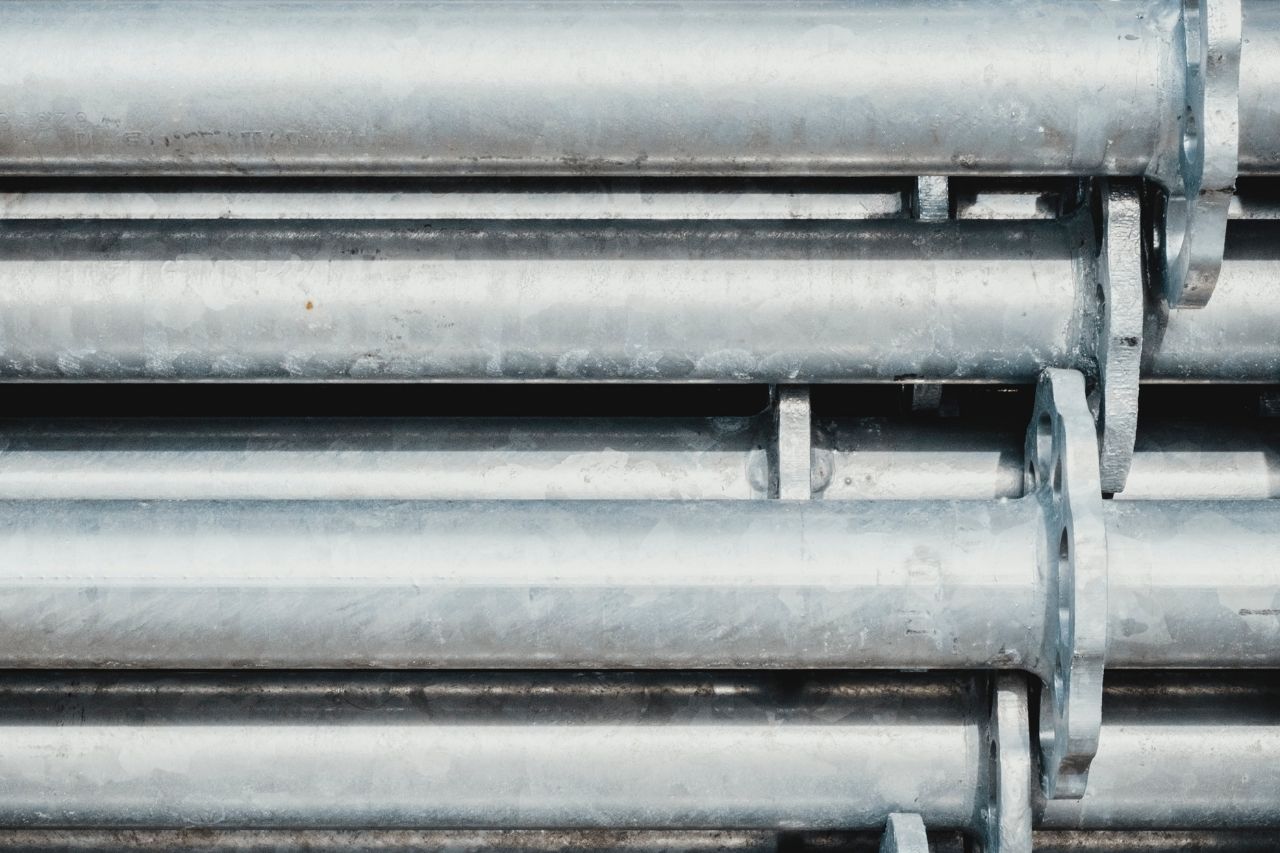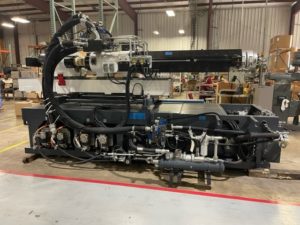Injection molding is a common industrial manufacturing process with multiple businesses relying on the technique to produce items for every industry from healthcare to aerospace. However, not all injection mold tooling is the same—and the choice that you make regarding tooling materials for your project could have a significant impact on the outcome as well as your overall costs.
Traditionally, injection mold tooling uses steel as the primary material, but it is not the only option. Today, aluminum molds have earned a place in the industry. Let’s explore aluminum injection molding and why it is worth your consideration in some cases.
What Is Aluminum Injection Molding?
In simple terms, aluminum injection molding is an injection molding process that uses mold tooling made entirely out of aluminum rather than steel. Companies often use this process for large production runs, and the long-term durability of steel is a common demand. However, advances in tooling creation make the use of aluminum a more viable solution for certain scenarios. There is nothing different about the molding process aside from the tooling material.
When Are Aluminum Plastic Injection Molds Used?
Do businesses always want the durability of steel for a molding project? Not necessarily. Manufacturers choose aluminum most often when they need to quickly produce parts without requiring a very high volume. Since aluminum tools wear out faster, their optimal use is for lower part production volumes. They’re also an excellent choice when you need to rapidly produce prototype parts for testing, modification and redesign.
The Advantages of Aluminum Injection Molding
There are several key benefits to using aluminum molds for plastic injection, not only its suitability for prototyping. Consider a few of the perks that make manufacturers choose aluminum just as often as steel.
- Low Cost: Aluminum is easier to work with and generally far cheaper than steel as a raw material. Creating a new steel tool can take a long time and be a hefty investment, but you can fabricate an aluminum mold with a fraction of the cost and time. When budget is the biggest concern, aluminum wins.
- Heat Dissipation: One of the advantageous material properties of aluminum for injection molding is its high rate of heat dissipation. In other words, it cools down faster than a similarly sized steel mold. That factor both reduces cycle times and cuts down on defects and deformations introduced into plastics that cool too slowly.
- Faster Timing: With aluminum, it’s possible to achieve a very high output rate for parts thanks to the fast cycle times of these molds.
The Disadvantages of Aluminum Injection Molding
While there are some obvious benefits to using aluminum, there are several reasons why steel molds for plastic injection has remained a dominant choice. Aluminum comes with some disadvantages you must consider, including the following.
- Less Durability: As a softer metal, aluminum wears out faster. Some molds may require replacement in as few as 10,000 cycles. The lower durability may make aluminum non-cost effective for certain products.
- Lower Product Volumes: When you need to oversee long-term and high-volume production runs, aluminum isn’t the material of choice. You will encounter too many problems with wear over time. Stick to projects that have low volume as a requirement.
The Advantages of Steel Injection Molding
Let’s turn our attention to the “gold standard” for most molding projects: steel. Why does steel occupy the top spot over aluminum? The answer lies in three specific benefits.
- High Durability: Steel is a strong and durable material. It can withstand the stresses of injection molding for cycle numbers that are many orders of magnitude higher than aluminum. With proper maintenance, a steel mold represents a long-term investment in a robust life cycle.
- High Product Volume: Although there is a higher upfront cost to create steel tooling, you reap the rewards of that investment through lower costs over time. A single set of steel molds may be all that you require to complete multiple production runs at volume without replacement.
- Suitable for Detailed Features: When your design calls for unique features or very fine tolerances, the softer metal of aluminum isn’t ideal. The hardness of steel ensures that parts form the correct shape and thickness as often as possible.
The Disadvantages of Steel Injection Molding
As with aluminum, there are some downsides to using steel tooling. It’s crucial to include these factors in your considerations during the project planning stage.
- Difficult to Repair or Modify: If an incident occurs during production and a steel mold sustains damage, your only option may be to spend the money for a full replacement. Aluminum undergoes repair and reshaping more easily than steel, which is so strong that it often can’t recover from deformation.
- More Defective & Rejected Parts: Aluminum molds cool rapidly compared to steel. That attribute allows for better heat dissipation, which reduces the risk of different areas of the part cooling at unequal rates. Steel molds have a higher rejection rate due to cracks and deformations caused by poor cooling.
Aluminum vs. Steel Injection Molds: What Are the Main Differences?
Overall, with aluminum molds, you’ll experience lower initial costs, lower rejection rates and more opportunities to quickly begin production thanks to shorter tooling production times. With steel, you’ll enjoy durability for very high part volumes, less concern about wear and tear, and opportunities to create more advanced parts.
With these attributes in mind, the key differences between these molds are:
- Initial start-up costs, from initial mold design to tooling creation
- Molding cycle times and types of part designs that the materials support
- Performance during molding operations
- Part production error rates
- Lifetime production capacity
Find the Right Solution Today with Reliant Plastics
Which should you choose: steel or aluminum? With clear pros and cons to each material, the answer depends on the specific needs of your projects. Partnering with an experienced and highly capable plastics manufacturer offers you the insights that you require to make smart decisions at every step, including in material selection.
With Reliant Plastics, an injection molding provider with decades of experience, we can help you to make sense of your options and chart a course towards the best production decisions possible. To explore rapid prototyping with aluminum mold tooling or solutions for producing your parts at a larger scale, contact the Reliant Plastics team today for a free quote.




